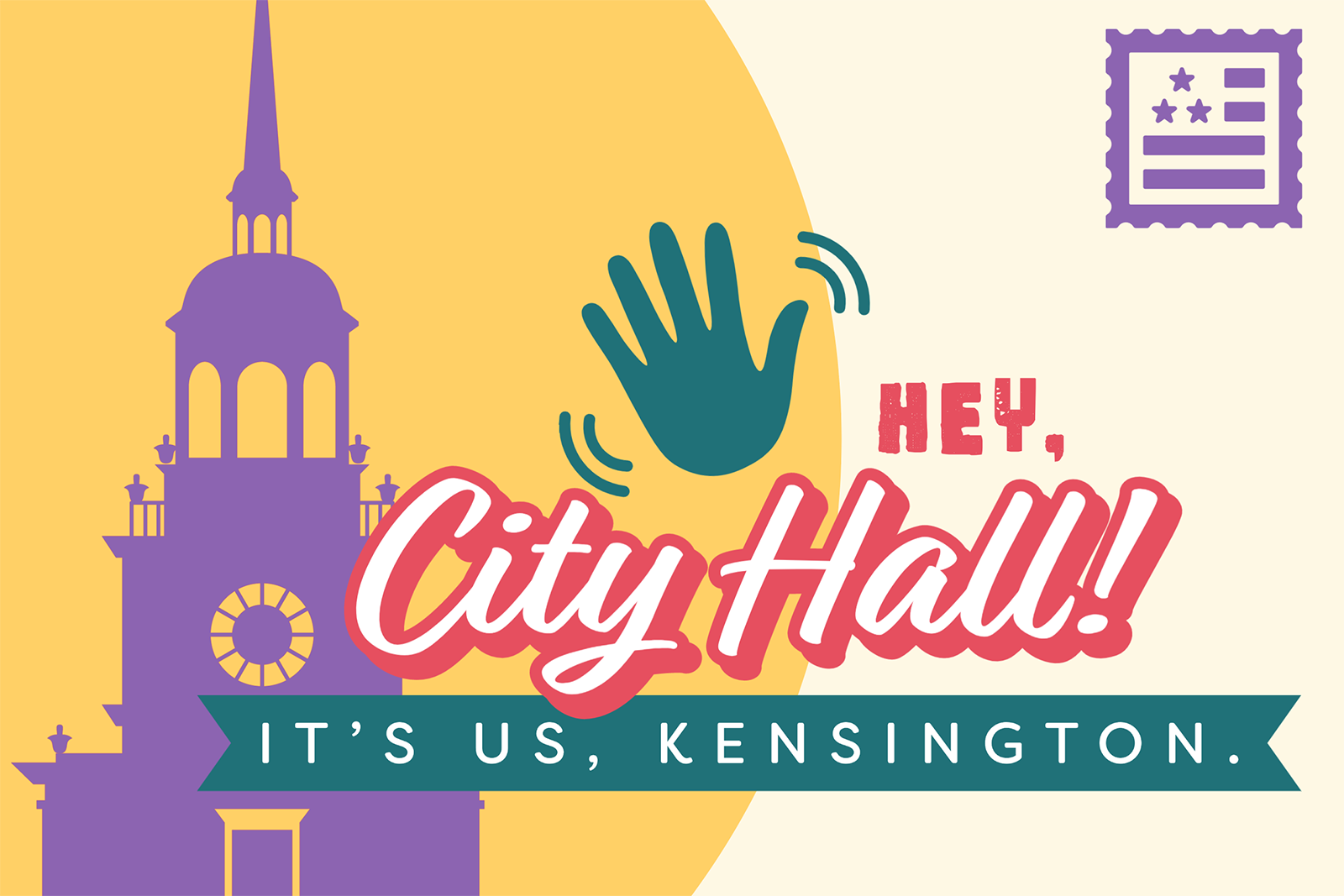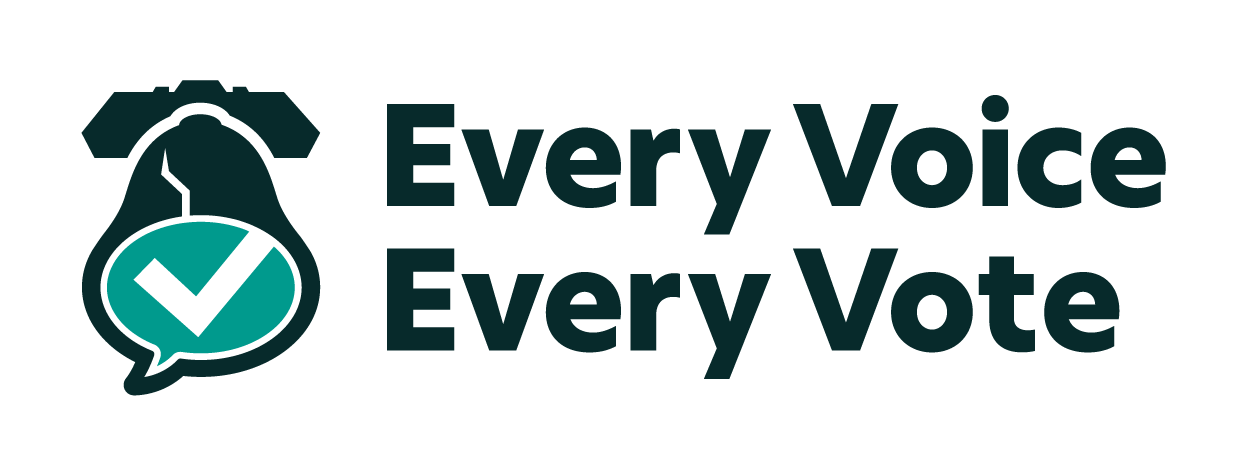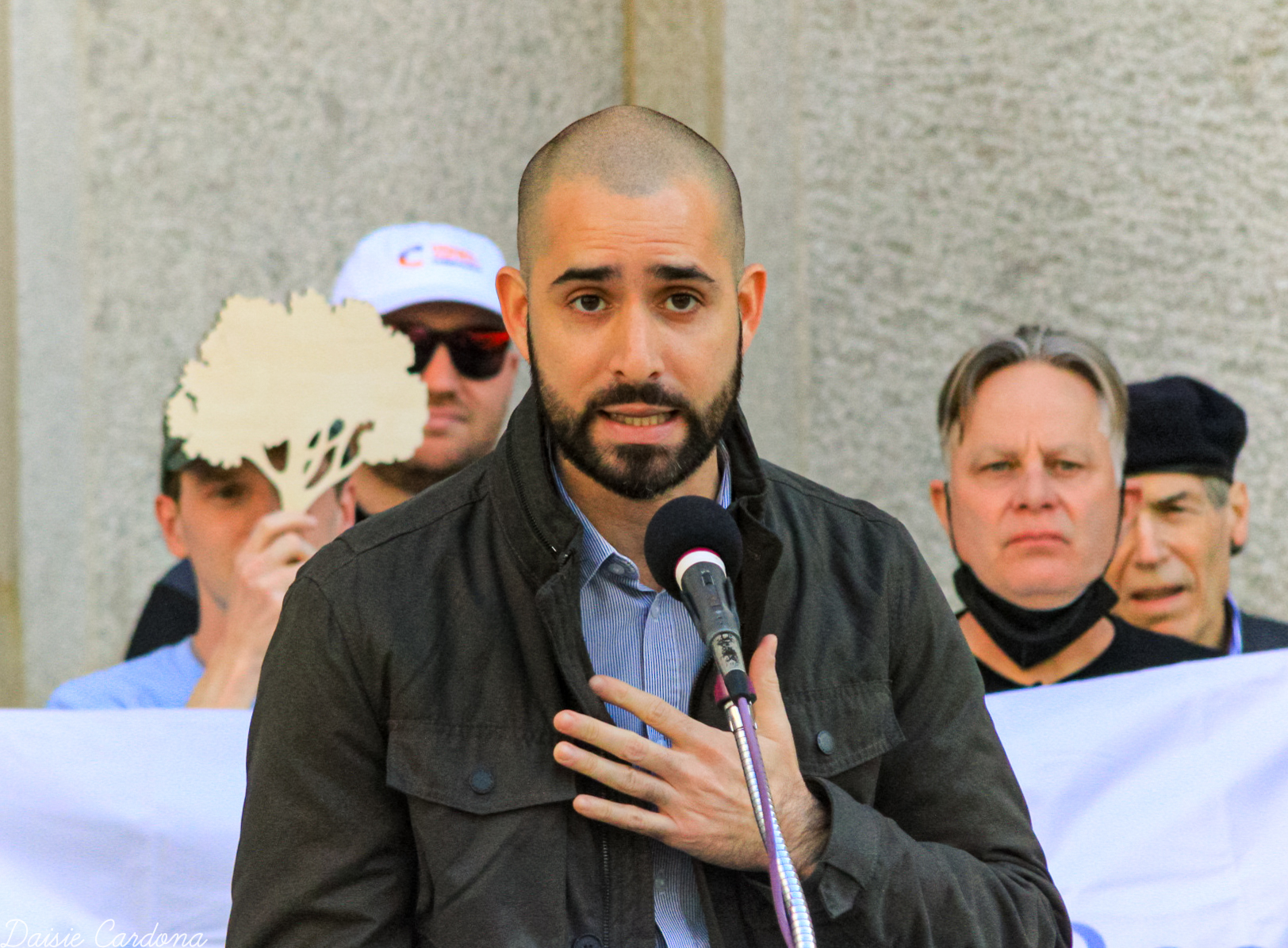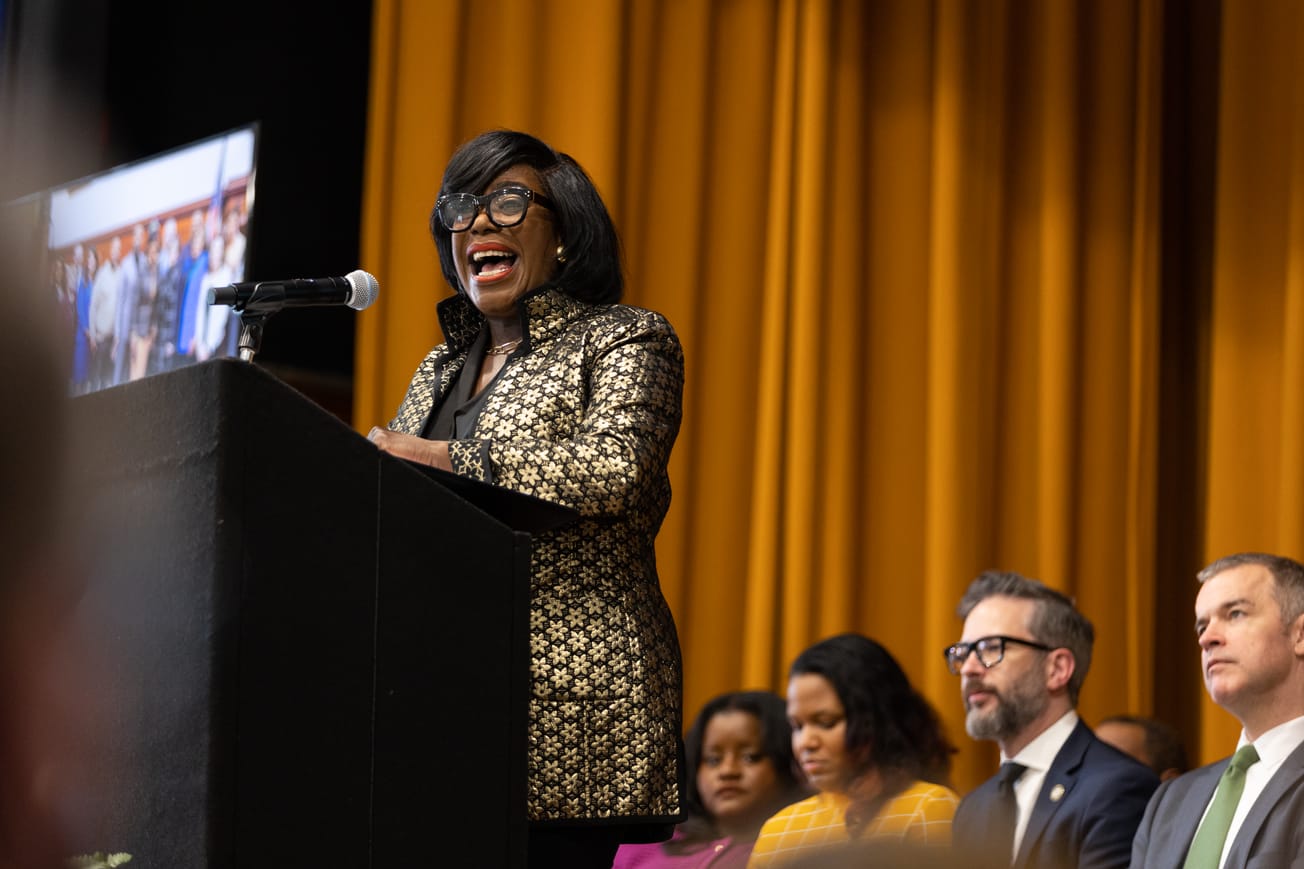
This story is part of our “Hey, City Hall! It’s us, Kensington” series. Do you have a question for Philly government? Our journalists are here to bring your questions to City Hall on your behalf. Just fill out this form, and we’ll get straight to work.
There are two candidates running for Kensington’s City Council District 7 seat in the primary election on May 16.
District 7 includes Feltonville, Frankford, Harrowgate, Hunting Park, Juniata Park, Kensington, Norris Square, Northwood, Olde Kensington, St. Hugh, and West Kensington. The district is roughly between Roosevelt Boulevard and Master Street. In the Kensington area, the boundary cuts off between 6th Street and Kensington Avenue to Front Street.
Key issues in the district include gentrification, gun violence, the opioid crisis, sanitation, upkeep for public spaces, and general quality of life.
As part of our “Hey, City Hall! It’s Us, Kensington” project, we asked each candidate questions regarding topics of concern in the neighborhood. Questions were sent to both candidates via email due to time constraints. The selected questions were sourced directly from community members and lightly edited for clarity. We combined a few questions with similar themes. Kensington Voice staff contributed a few questions based on key issues in the district.
Andrés Celin, a community organizer, educator, and social worker, is running for the District 7 seat. Celin previously worked for former councilmember Helen Gym and Quiñones-Sánchez. Read his responses to questions regarding what he’d do on City Council below.
Click here to read the response from the other candidate.
As District 7 Councilmember, what would your priorities be for Kensington?
For far too long, Kensington has been abandoned by City leadership – leaving our families to do the impossible everyday to make life work. Every one of us here deserves a safe community, an affordable home, and a real chance to learn and grow.
More than anything, we deserve leaders who will truly fight with us. I’ve spent over a decade here as an educator, social worker, and community organizer. I’ve dedicated my life to supporting our people to take power into our own hands. I’m running for City Council in the 7th because I believe we can build real solutions if we fight together.
I believe that community safety needs to be the number one priority in Kensington and across the 7th. This means supporting those living with addiction and those who are unhoused. It means resources and enforcement to make sure long-term residents, families, and especially children can be safe when leaving their homes and using public spaces. I will also do everything at my disposal to ensure we are building new and safe units of affordable housing that residents in Kensington can actually afford. Finally, I want to support and expand programs that focus on job placement and job coaching for young people in Kensington.
What will you do to change and improve sanitation issues in Kensington?
For me, the issue of sanitation is one of the most glaring ways that our city government continues to put Kensington last. I will fight for the city to expand resources dramatically for picking up trash — more frequently and in higher volumes. I will also work to institute stricter fines and enforcement for illegal dumpers.
Will you commit to adding more public trash cans in the neighborhood?
Absolutely. Kensington should have as many trash cans as every other neighborhood in the city.
How will you reduce our addiction to armed-intervention approaches and introduce working restorative justice models?
We need to show residents that the city can provide concrete services to intervene in situations of crisis. For example, in New York City, a network of nonprofits has advanced the Cure Violence model in coordination with the Department of Health. The model works by recruiting, employing, and training trusted community leaders who have relationships with folks being targeted or engaging in violence. In situations of crisis, these leaders intervene. Here in Kensington, I will work with leaders and partners to build a base of outreach workers to anchor this strategy here.
Similarly, I look to powerful models of restorative justice like Healing Futures, a program of the Youth Art & Self-empowerment Project, which brings responsible youth and those harmed into a restorative justice process prior to any charges being filed. I want Kensington to lead the way with these types of models.
Do you support ending the 10-year tax abatement program?
Yes. Our city should be doing everything it can to support public education and public services. For too long, corporations have exploited the tax abatement program to artificially inflate their profits, while displacing long-term working residents and families from their neighborhoods.
What will you do to support homeowners and to ensure that quality housing is made available for individuals with low incomes?
As Councilmember, I will prioritize tackling our city’s severe housing crisis. Too many families are cost-burdened, paying more than **30% of income on housing expenses. There are simply not enough affordable housing units for all individuals and families for those who need them. Meanwhile, most existing development projects focus on market-rate housing, which fuels gentrification across working-class, Black, and brown neighborhoods.
Our city’s top priority should be developing new units of affordable housing. This includes passing stricter inclusionary zoning requirements; leveraging Land Bank properties for affordable housing; and developing a standard for Community Benefits Agreements in new developments.
**Editor’s Note: According to a 2020 report from The Pew Charitable Trusts, 40% of Philly households spent at least 30% of their income on housing costs in 2018.
How will you expand upon and protect green spaces in Philadelphia? What strategies do you have for increasing tree cover in our lowest-income neighborhoods?
Across the 7th District, there are a myriad of lots and open spaces that community members have tended to as gardens, often for years. I will fight to ensure these gardens remain in community hands. Within the city’s multi-year tree plan, I want to make sure we are prioritizing tree planting and tree maintenance in the 7th. I’ll also work to expand resources for homeowners to be able to plant and sustain trees on their properties.
How would you address food insecurity?
In a city with as much wealth as Philadelphia, absolutely no one should be going hungry. Addressing food insecurity should be one of our highest priorities as a city. I will fight to expand city funding for organizations like Philabundance as well as community-based groups that focus on mutual aid and food distribution. I will also advocate at the state level to expand eligibility and coverage of SNAP benefits for those who need it.
How would you address the lacking accommodations (ranging from curb cuts to ASL interpretation) for people with disabilities?
I believe people with disabilities should be at the core of all policymaking around aiding and protecting their rights. I’ll work with advocacy leaders to ensure that we are prioritizing efforts to improve current laws.
One of the most urgent issues locally is ensuring that all public transportation stations and stops are fully ADA accessible. I see this as a critical piece of SEPTA’s Bus Revolution process, which provides an opportunity for SEPTA to deepen its commitment to accessible transportation and its community engagement writ large. With a community-driven process, SEPTA can build community ownership over SEPTA and help ensure it’s supporting riders most in need.
Why is it so hard to get cars removed from sidewalks and streets fixed?
We must put a stop to abandoned cars sitting on residential blocks, sometimes for months or even years on end. We need to increase City investment in towing abandoned cars as well as enforce existing policy regarding illegally parked vehicles.
What will you do to ensure basic services are met?
In my work at Congreso de Latinos Unidos, I served as a family case manager, working with parents to advocate for their rights and the rights of their children. I also connected them to essential services—housing, mental health counseling, benefits, education, addiction treatment, and healthcare. Throughout, I saw just how stacked these systems are against our communities.
It’s clear to me that neighborhoods like Kensington are so lacking in basic services because we’re simply not the City’s priority. It’s also clear to me that in order to get the coverage we deserve, we’re going to have to fight for it. This means using the authority and platform of the District Council office to advocate for these services. It also means building coalitions within the 7th that can apply pressure on City Hall.
What is your opinion on safe injection sites?
In a vacuum, my understanding is that these facilities can be successful at doing three things: preventing overdoses, stopping the spread of diseases, and connecting people with longer-term treatment. However, my understanding is that the places where these facilities have been successful have nowhere near the challenges that Kensington has. Moreover, many community leaders whom I admire and respect have repeatedly spoken up about how our neighbors are scared that congregating users in one place could create turf wars between different groups in the narcotic trades. In turn, this could dramatically increase violence.
For me, the bottomline is that any proposal for these facilities must be designed, owned, and supported by the community. Short of this, and without a clear strategy to address violence and safety, I cannot support them as Councilmember. Insofar as that’s not where we are now, then I cannot support them.
What long-term solutions do you have in mind to address the opioid crisis?
Here in Kensington, we’ve seen opioid and drug addiction ripping families apart, pitting families against each other, destabilizing entire neighborhoods, and jeopardizing the safety of our children. The crisis we face here also contributes to disinvestment — giving elected officials an excuse to ignore entire parts of the city.
I’ve fought my own feelings of despair in the face of this crisis. As a Council staffer, I spent 6 months trying to support a woman to wean herself off of opioids. We spoke almost every day, through Christmas and New Years, while I visited my family. I had countless conversations with staff at Merakey, CBH, Kensington Hospital, and Temple, navigating an impossible web of issues in getting the right treatment. She cried on the phone, and I cried afterward with my partner at home.
As Councilmember, I’m committed to:
- Increasing access to shelters and treatment for drug addiction, and reducing the existing barriers to access them
- Hiring and training clinicians and social workers to regularly engage with and support those suffering from addiction and homelessness
- Expanding mental health resources for street outreach and healthcare workers, addressing the profound burnout faced by those fighting this crisis on the frontline
What is your plan to address community safety and gun violence?
In Kensington and across the 7th District, violence is a time-bomb of symptoms that stem from all the ways in which poverty and oppression harm our communities. As Councilmember, I’ll advance a trauma-informed and community-driven strategy that addresses the social breakdown happening across the District. I believe main components of this strategy need to be:
- Developing community-based violence interruption programs that target individuals most impacted by and most likely to engage in violence.
- Expanding non-police mobile crisis response units and targeting neighborhoods like Kensington and Fairhill as the priority.
- Increasing access to recreation spaces, youth programs and job placement opportunities for youth and young adults.
How could you work with the Philadelphia Police Department to address low recruitment numbers?
I would consider streamlining the hiring process while strengthening the training process so that officers have all the tools they need. I would also look at low recruitment in the context of a broader public safety strategy. We should not be asking police officers to do the work of social workers and conflict mediators. One of the benefits of not relying entirely on police is that we can ensure officers can focus on doing what they’re trained to do.
How could you work with the mayor to address the City’s staffing shortages?
To hire and retain workers, we must invest in them. This starts with increasing salaries and staff benefits at appropriate levels. It also includes allocating resources for professional development opportunities and training, including trauma and de-escalation training. As a certified trauma trainer, I’ve led courses across Pennsylvania. I view them as a critical workforce investment, especially for workers in constituent-facing positions.
Part of our approach should also include our hiring processes. It’s critical that we invest in reforming application systems for public positions to make them less cumbersome. Money should additionally be placed in the budget for candidate outreach and recruitment, particularly in neighborhoods most impacted by violence.
Editors: Zari Tarazona / Designer: Siani Colón

This content is a part of Every Voice, Every Vote, a collaborative project managed by The Lenfest Institute for Journalism. Lead support is provided by the William Penn Foundation with additional funding from The Lenfest Institute, Peter and Judy Leone, the John S. and James L. Knight Foundation, Harriet and Larry Weiss, and the Wyncote Foundation, among others. To learn more about the project and view a full list of supporters, visit www.everyvoice-everyvote.org. Editorial content is created independently of the project’s donors.





